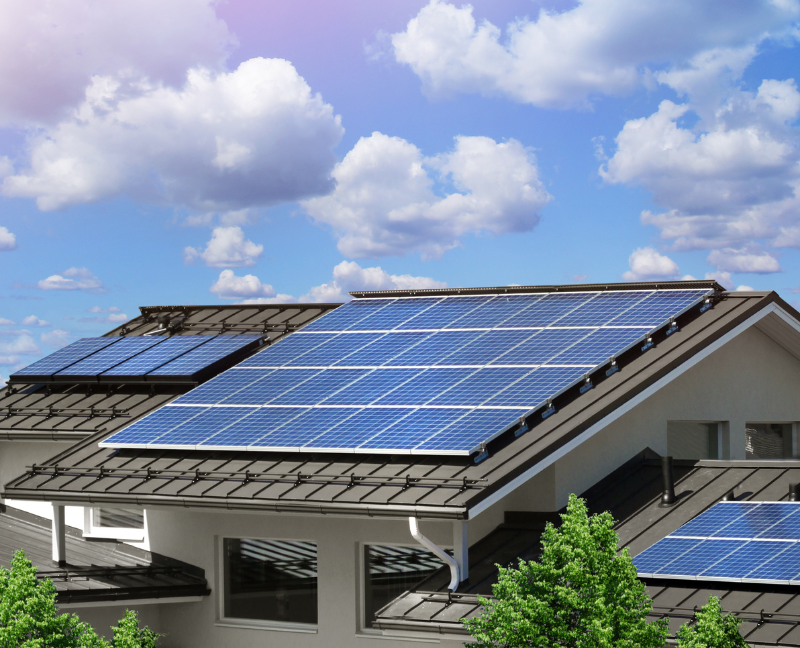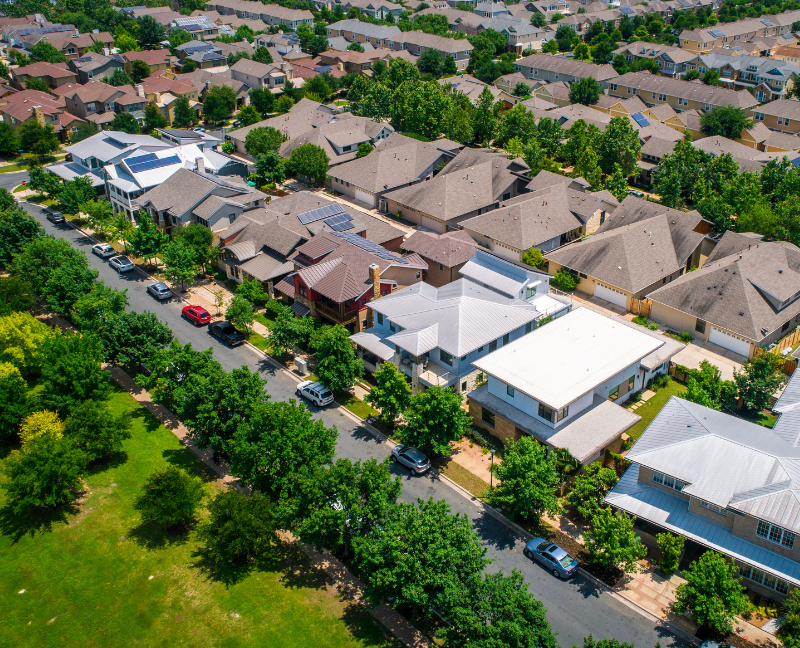Real estate has widely adopted sustainable and eco-friendly techniques in recent years.
From residential properties to commercial establishments, green features have proven their benefits. Sustainability improves the environment, tenants' quality of life, and long-term costs.
Determining the importance of sustainability in real estate involves both strategic investment and environmental responsibility.
Green techniques frequently result in long-term cost savings and enhanced property values. Environmental duty consists of minimizing carbon emissions and protecting natural resources.
This post discusses the growing popularity of eco-friendly and sustainable real estate characteristics, including green building methods, energy-efficient appliances, renewable energy sources, and eco-conscious architecture.
Growing Awareness In Sustainable Real Estate
Sustainable living has grown due to environmental awareness and the desire for energy-efficient and environmentally friendly lives. Due to this paradigm shift, real estate developers, architects, and homeowners now prioritize sustainability. Sustainable building strategies reduce these negative consequences by using eco-friendly materials, minimizing energy use, and using renewable energy.
The Importance Of Sustainability In Real Estate
Here are the essential details you need to know about sustainable real estate;
-
Green Building Practices Benefits
Green building practices contain many strategies to reduce buildings' environmental footprint while promoting occupant health and comfort. These practices include energy-efficient design, sustainable materials, and others.
Energy-efficient buildings use enhanced insulation, high-performance windows, and efficient HVAC systems to save energy and reduce fossil fuel use.
Additionally, green buildings use natural ventilation, low-emission materials, and air filtration to enhance indoor air quality. Better indoor air quality improves health, productivity, and well-being.
-
Energy-Saving Appliances And Fixtures
Besides sustainable building principles, green real estate uses energy-efficient appliances and fixtures. Refrigerators, dishwashers, lighting fixtures, and plumbing fittings that use less electricity and water reduce utility expenses and environmental effects.

-
Using Renewable Energy Sources
Sustainable real estate relies on solar, wind, and geothermal electricity. Buildings may use less fossil fuels and help clean up the electricity grid using renewable energy.
Low costs and generous incentives have made solar photovoltaic (PV) systems popular in residential and commercial locations. Systems that turn sunlight into electricity power homes and businesses with clean, renewable energy.
Wind turbines, geothermal heat pumps, and solar PV can generate sustainable energy on-site. Property owners can lessen their carbon footprint by investing in these systems and earning net meters and renewable energy credits.
-
Components Of Eco-Conscious Design
Beyond renewable energy and energy efficiency, eco-conscious design is essential to sustainable real estate. There are several features and initiatives to reduce environmental impact and improve user comfort and well-being.
Native landscaping increases biodiversity and takes less upkeep than lawns, while green roofs and rainwater harvesting systems manage stormwater runoff and minimize water use.
Recycling and reusing materials in construction and interior design reduces waste and carbon emissions. Reclaimed wood flooring and recycled glass countertops provide character and charm while reducing environmental effects.
-
The Use Of Green Standards And Certification
Together with green features, green certification, and standards are crucial to real estate projects. Several organizations and projects have set sustainable building standards for developers, architects, and homeowners.
Conclusion
A stage toward a more sustainable environment is the importance of sustainability in real estate. From green construction techniques to energy-efficient appliances, renewable energy sources, eco-conscious design, and green certification and standards, sustainability has many benefits.
As demand for sustainable living rises, so will green features in homes and businesses. Sustainability and green certification in real estate development and restoration projects may build healthier, more resilient communities and protect the earth for future generations.

